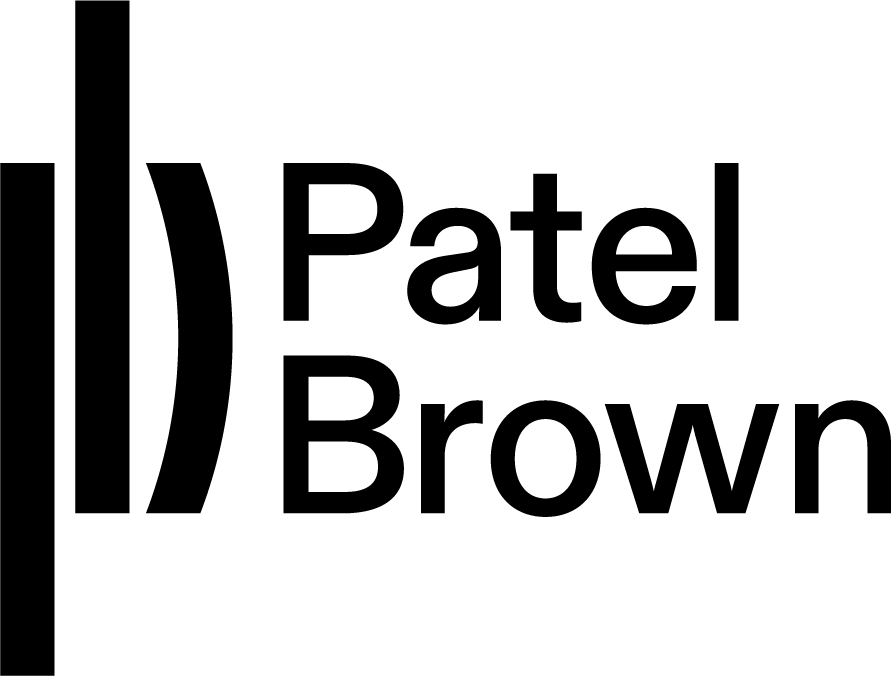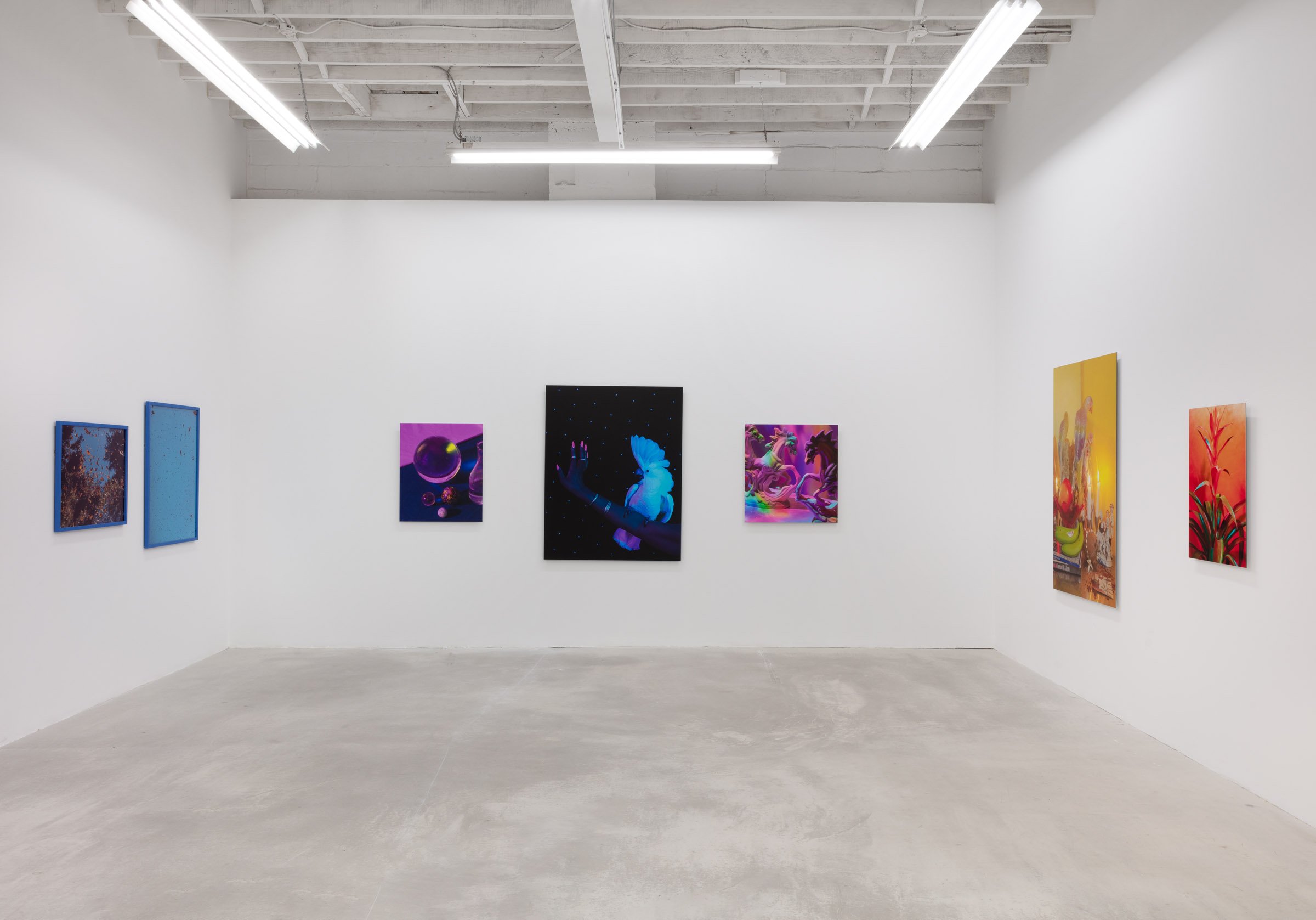Patel brown | 21 Wade Ave
Re/Flex
January 8 - February 5 2022
Anique Jordan, Brendan George Ko, Zoe Koke, Paula McLean, Dainesha Nugent-Palache, Neeko Paluzzi, Kara Springer, Waard Ward in collaboration with Nicolas Fleming and Darren Rigo, Shellie Zhang
Re/flex revels in the malleability of lens-based media and its ability to reflect back the complexity of human and non-human experiences. Such explorations complicate how memories are considered nebulous, fleeting, and organic, while photographs are thought to be finite, bound, and even stagnant. These contrasting qualities frequently posit images as information, while human memory is subjective, messy, and sometimes wholly inaccurate. Artworks in Re/flex consider these dualities and prompt such questions as: what role does artificial, inaccurate, or staged memory play in crafting collective narratives? Can memory be rewritten, and for what good? What can be reduced, amplified, or destroyed to create new meaning? What happens in the translation of memory into an object? And, lastly, who controls the archive, and what can be learned from the past?
Employing traditional techniques interlaced with the myriad of new technology available, some artists in Re/flex implement synthetic technology via the rise of AI-generated media or “deepfakes.” Notable in other practices, analog manipulation methods such as staging, performance, and altered processing procedures are also used in tandem with new digital approaches. With these developments, the role of strict, documentary objectivity comes into question while reflexive artist practices come to the fore. Here, we understand that reflexive lens-based practices connect to underscore how a photograph seldomly stands alone — there is no blank slate. When we look at a photograph, film, scan, archive, or installation, we are interested not only in the object or image itself but in its vast context. An image has a connection to its maker, its audience, and the place and time from which it originates. With these considerations, it is apparent that memory and reflexivity are inherently fused.
Once viewed as the ultimate memory-aide, we have come to know that the lens can be flawed and falsified, but most importantly, it can be porous and open to new meaning and processes. Our memories, and more wholly, our identities, are as pliable as these artistic processes. In these "flaws," we can find new and unexpected meanings that arise to question what role these documents, photographs, and artworks play in how varying environmental, cultural, familial, historical, and narrative concerns are viewed and sustained. Through their diverse works, the exhibiting artists in Re/flex demonstrate the technical possibilities of their chosen media while also illuminating the endless artistic products of those techniques. Considering the works collectively, the limits of artistic reflexivity are also called into question — works in this exhibition consider which reflexes should be challenged and quashed, and which should be championed and passed on to generations to come.
— Jenna Faye Powell












